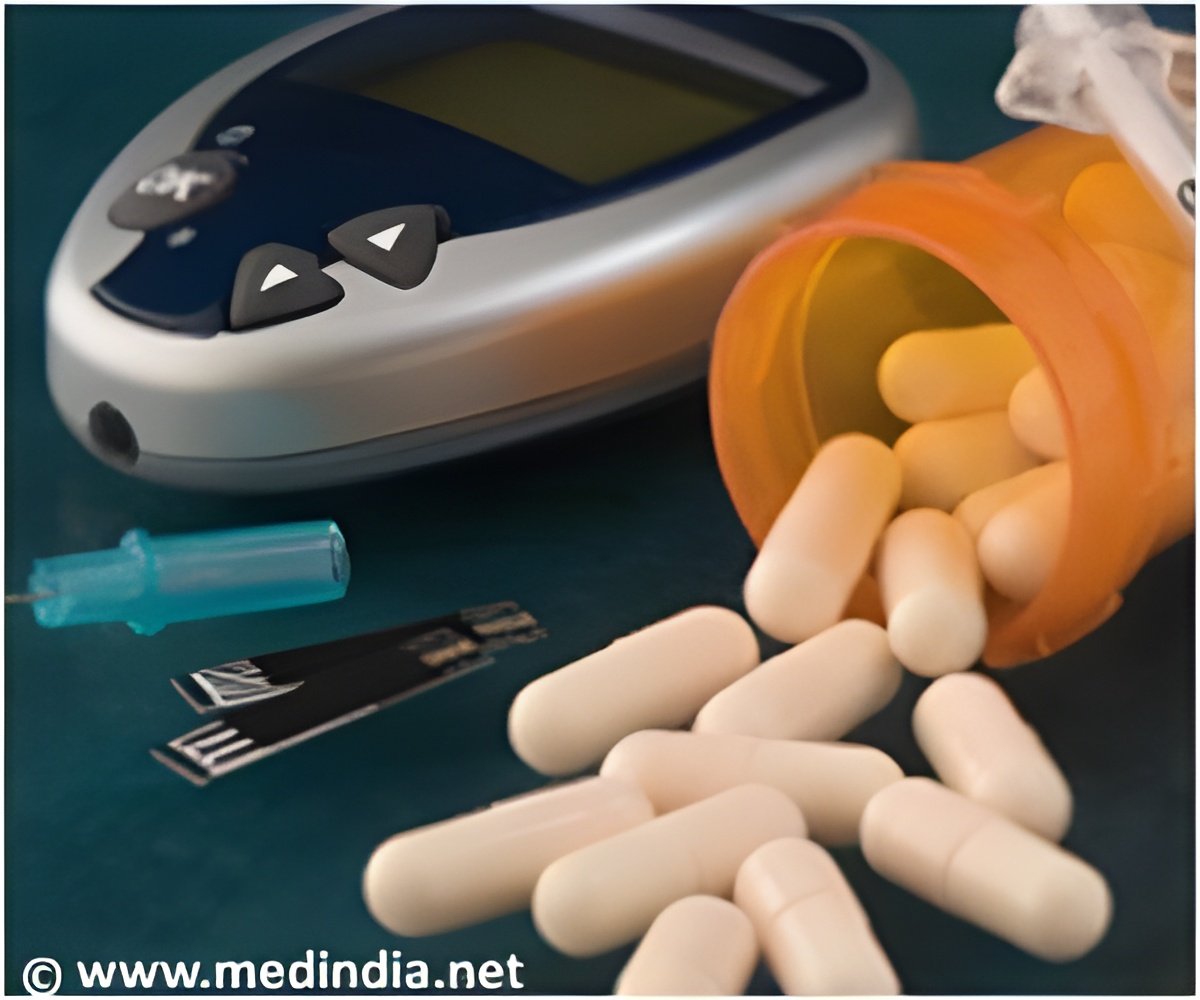A team of researchers at Yale School of Medicine has identified the link between inflammation-induced hepatic insulin resistance and type 2 diabetes. They have identified the molecular mechanism by which insulin normally inhibits production of glucose by the liver and why this process stops working in patients with type 2 diabetes, leading to hyperglycemia.
Researchers hypothesized that insulin suppressed glucose production by the liver by inhibiting fat breakdown, which would result in a reduction in hepatic acetyl CoA, a key molecule that they showed was critical in regulating the conversion of amino acids and lactate to glucose. Mice studies also revealed that the reversal of this process, due to inflammation in adipose (fatty) tissue, led to increased hepatic glucose production and hyperglycemia in high-fat-fed rodents. The same was seen in obese and insulin-resistant adolescents.
Gerald I. Shulman explained that these studies identify hepatic acetyl CoA as a key mediator of insulin action on the liver and link it to inflammation-induced hepatic insulin resistance and type 2 diabetes. Shulman said, "This new insight into insulin resistance paves the way for exploring new treatment options. None of the drugs people currently use to treat type 2 diabetes target the root cause and by understanding the molecular basis for hepatic insulin resistance they now can design better and more effective drugs for its treatment."
The study is published in the journal Cell.
Source-Medindia
















